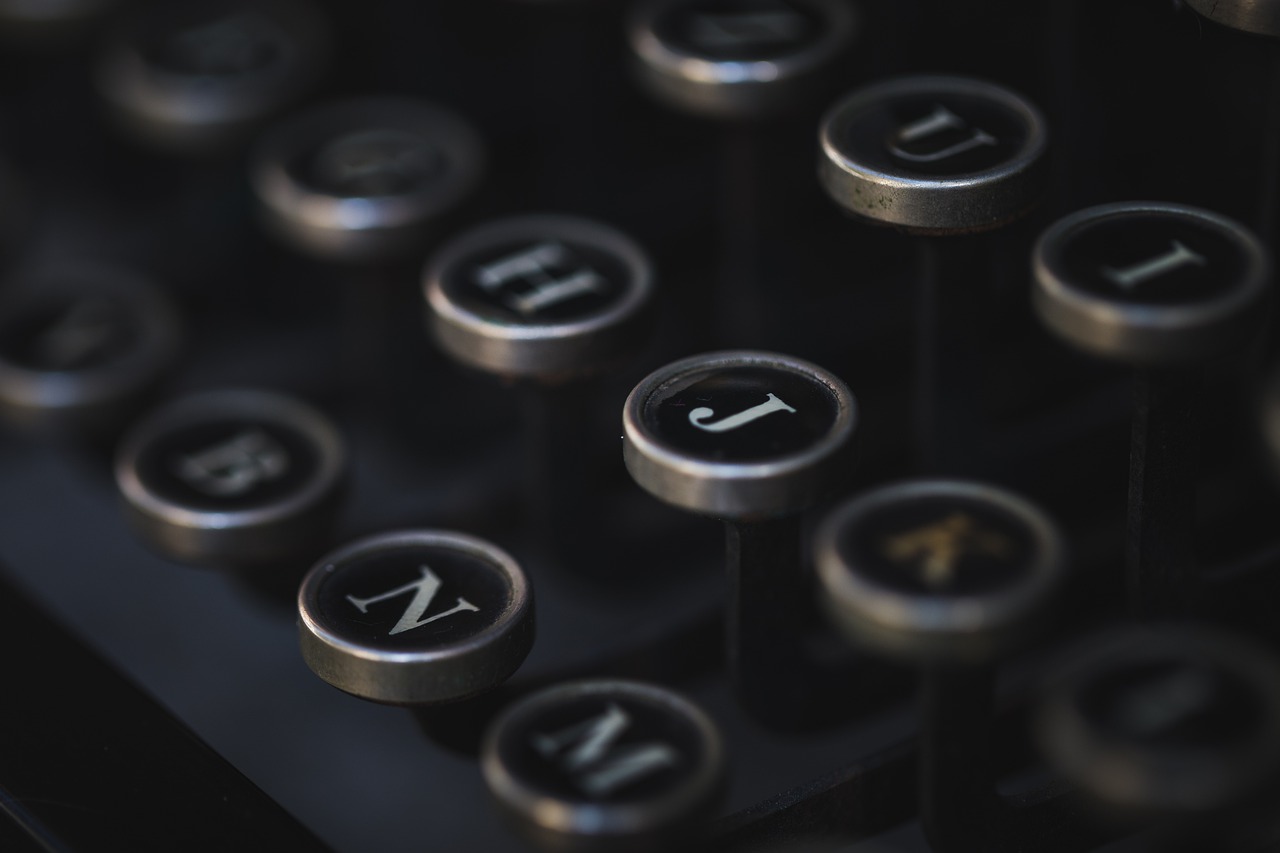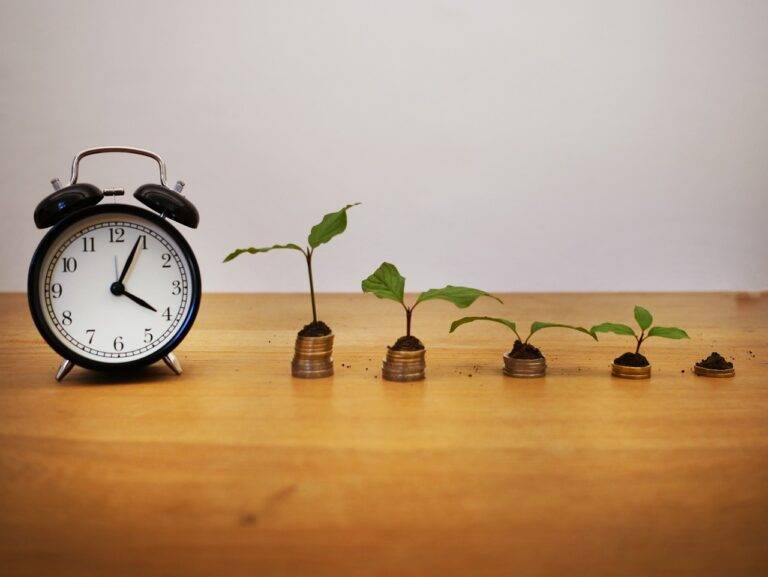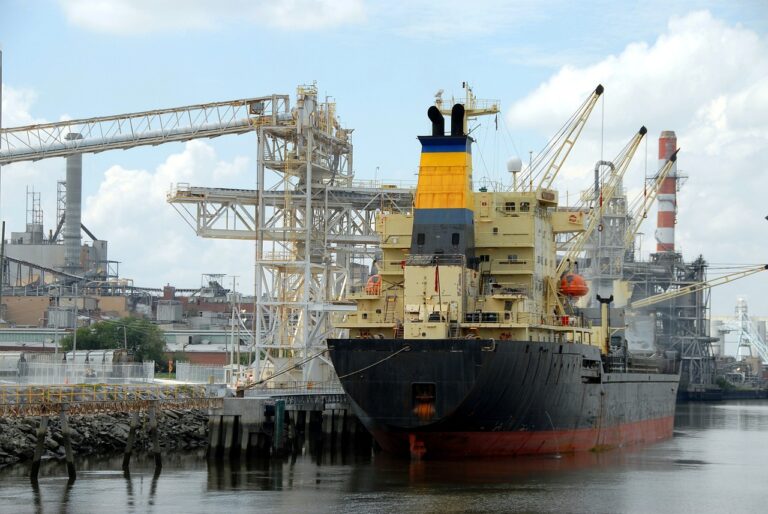The Role of Building Materials in Developing Eco-Friendly Farmers Market Infrastructure: Business Considerations: Allpaanel com mahadev book, Playexchange99, Gold365 login
allpaanel com mahadev book, playexchange99, gold365 login: The Role of Building Materials in Developing Eco-Friendly Farmers Market Infrastructure: Business Considerations
When it comes to developing eco-friendly farmers market infrastructure, the role of building materials cannot be overstated. Not only do the materials used impact the overall sustainability of the project, but they also play a crucial role in attracting environmentally conscious consumers and potential business partners. In this blog post, we’ll explore the importance of using sustainable building materials in the context of farmers markets and highlight some key business considerations to keep in mind.
Creating a Sustainable Environment
One of the primary goals of any eco-friendly farmers market infrastructure project is to create a sustainable environment that minimizes its impact on the planet. This includes using building materials that are sourced responsibly, have a low carbon footprint, and can be recycled or reused at the end of their life cycle. By prioritizing sustainable materials, farmers market developers can reduce waste, conserve natural resources, and promote a circular economy.
Attracting Eco-Conscious Consumers
In today’s increasingly eco-conscious market, consumers are actively seeking out businesses that align with their values and prioritize sustainability. By using sustainable building materials in the development of farmers market infrastructure, businesses can attract environmentally conscious consumers who are willing to support their efforts to reduce their environmental footprint. This can translate into increased foot traffic, higher sales, and stronger brand loyalty.
Building Partnerships with Like-Minded Businesses
In addition to attracting eco-conscious consumers, using sustainable building materials can also help businesses build partnerships with like-minded companies and organizations. By demonstrating a commitment to sustainability through their infrastructure projects, farmers market developers can forge valuable connections with suppliers, vendors, and other stakeholders who share their environmental values. These partnerships can lead to collaborative opportunities, shared resources, and mutual support in advancing sustainability goals.
Reducing Long-Term Costs
While the upfront cost of sustainable building materials may be higher than traditional alternatives, the long-term benefits can outweigh the initial investment. Sustainable materials are often more durable, energy-efficient, and low-maintenance, which can result in cost savings over the lifetime of the infrastructure. By choosing materials with a long lifespan and low environmental impact, farmers market developers can reduce operating costs, improve efficiency, and enhance the overall sustainability of their business.
Meeting Regulatory Requirements
In many jurisdictions, there are strict regulations and standards in place for sustainable building practices. By using eco-friendly materials in the development of farmers market infrastructure, businesses can ensure compliance with these requirements and avoid potential fines or penalties. Additionally, incorporating sustainable building materials into their projects can help businesses demonstrate their commitment to corporate social responsibility and environmental stewardship, which can enhance their reputation and credibility in the eyes of regulators, consumers, and the public.
Embracing Innovation and Creativity
Ultimately, the use of sustainable building materials in the development of eco-friendly farmers market infrastructure is an opportunity for businesses to embrace innovation and creativity. By exploring alternative materials, techniques, and design solutions, developers can push the boundaries of traditional construction practices and create unique, eye-catching, and environmentally friendly spaces that set them apart from the competition. This spirit of innovation and creativity can inspire new ideas, drive business growth, and position farmers market developers as leaders in sustainable development.
In conclusion, the role of building materials in developing eco-friendly farmers market infrastructure cannot be overlooked. By prioritizing sustainability, businesses can create a positive impact on the environment, attract eco-conscious consumers, build partnerships with like-minded organizations, reduce long-term costs, meet regulatory requirements, and embrace innovation and creativity. With these considerations in mind, farmers market developers have the opportunity to not only create beautiful and functional spaces but also to contribute to a more sustainable future for our planet.
FAQs:
Q: What are some examples of sustainable building materials that can be used in farmers market infrastructure projects?
A: Some examples of sustainable building materials include reclaimed wood, bamboo, cork, recycled steel, and low VOC paints.
Q: How can businesses ensure that the sustainable building materials they use are ethically sourced?
A: Businesses can verify the ethical sourcing of building materials by working with reputable suppliers, obtaining certifications from third-party organizations, and conducting thorough research on the supply chain practices of the materials they choose.
Q: What are some key factors to consider when selecting sustainable building materials for farmers market infrastructure projects?
A: Some key factors to consider include the environmental impact of the materials, their durability and longevity, their energy efficiency, their recyclability or reusability, and their compliance with regulatory standards for sustainable construction.







